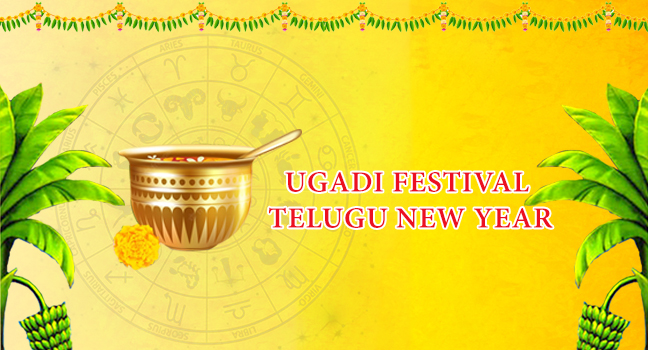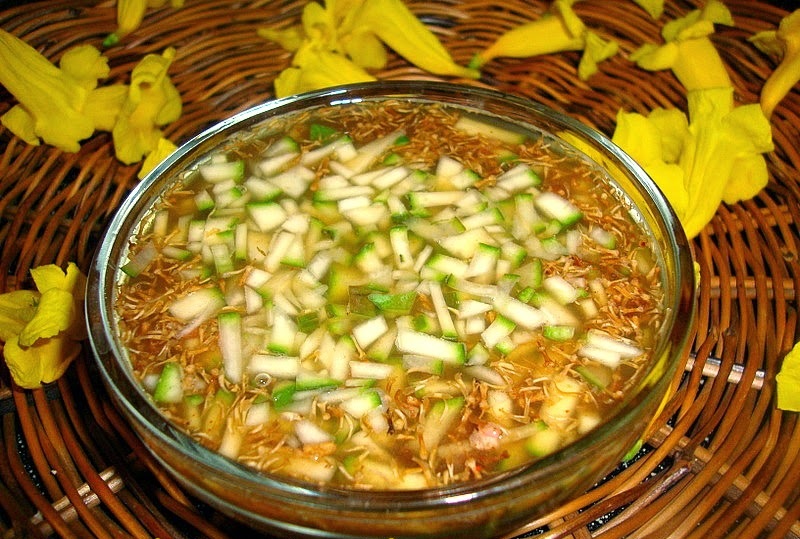UGADI ‘U’ means Joy, Shiva and Vishnu. ‘Ga’ means movement and acquisition. Time will move on with the command of Lord Srimannarayana. The Chakra (wheel) in the hands of the Lord is Kalachakram – Time wheel. The Lord said in Gita “I am solely responsible for Shrusthi, Sthithi, Laya (Creation, Existence and Destruction) of the Read More
Tag: Telugu New Year
Ugadi Festival – New Year
Ugadi – New Year for most of the states in INDIA Seasons change. So are the accomplishments that seasons give to us. Because of variations, nature is always juvenile. The trees which shed their leaves in winter, sprout new leaves in spring and flourish with dexterity. Of all the seasons, spring is the most invigorating Read More


